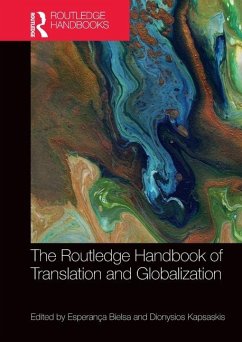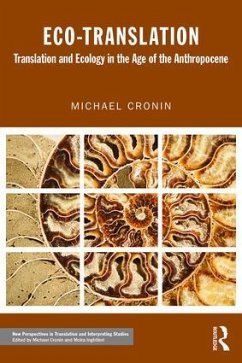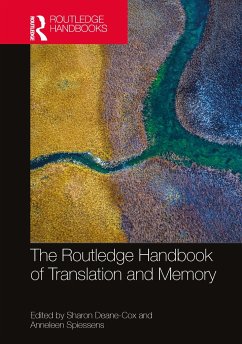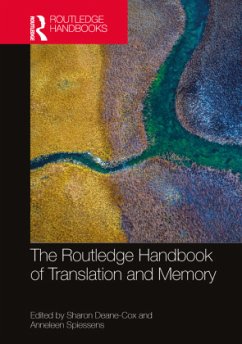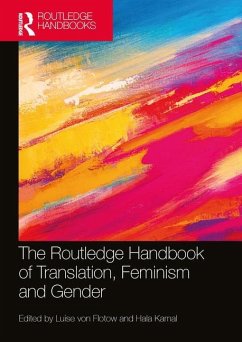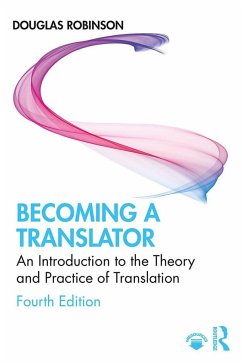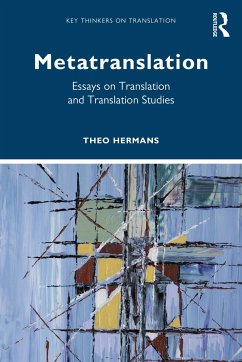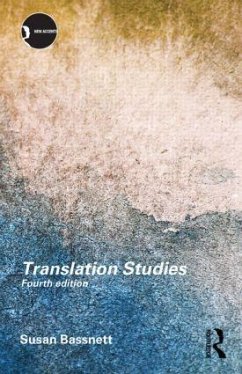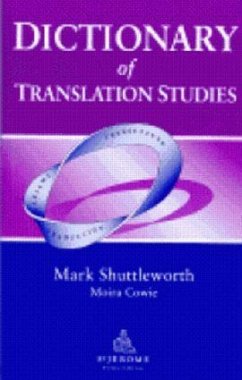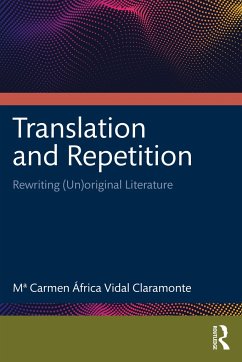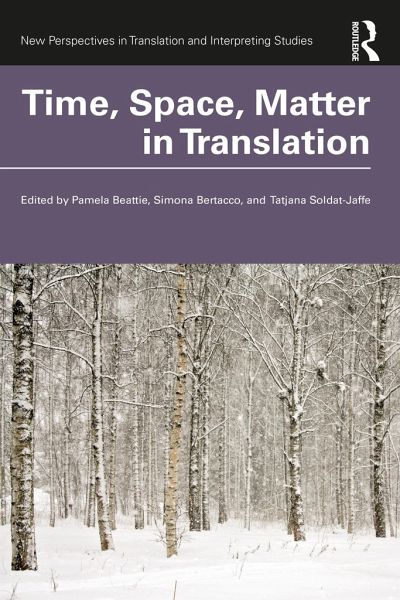
Time, Space, Matter in Translation

PAYBACK Punkte
21 °P sammeln!
Time, Space, Matter in Translation considers time, space, and materiality as legitimate habitats of translation. By offering a linked series of interdisciplinary case studies that show translation in action beyond languages and texts, this book provides a capacious and innovative understanding of what translation is, what it does, how, and where.The volume uses translation as a means through which to interrogate processes of knowledge transfer and creation, interpretation and reading, communication and relationship building-but it does so in ways that refuse to privilege one discipline over an...
Time, Space, Matter in Translation considers time, space, and materiality as legitimate habitats of translation. By offering a linked series of interdisciplinary case studies that show translation in action beyond languages and texts, this book provides a capacious and innovative understanding of what translation is, what it does, how, and where.
The volume uses translation as a means through which to interrogate processes of knowledge transfer and creation, interpretation and reading, communication and relationship building-but it does so in ways that refuse to privilege one discipline over another, denying any one of them an entitled perspective. The result is a book that is grounded in the disciplines of the authors and simultaneously groundbreaking in how its contributors incorporate translation studies into their work.
This is key reading for students in comparative literature-and in the humanities at large-and for scholars interested in seeing how expanding intellectual conversations can develop beyond traditional questions and methods.
The volume uses translation as a means through which to interrogate processes of knowledge transfer and creation, interpretation and reading, communication and relationship building-but it does so in ways that refuse to privilege one discipline over another, denying any one of them an entitled perspective. The result is a book that is grounded in the disciplines of the authors and simultaneously groundbreaking in how its contributors incorporate translation studies into their work.
This is key reading for students in comparative literature-and in the humanities at large-and for scholars interested in seeing how expanding intellectual conversations can develop beyond traditional questions and methods.





